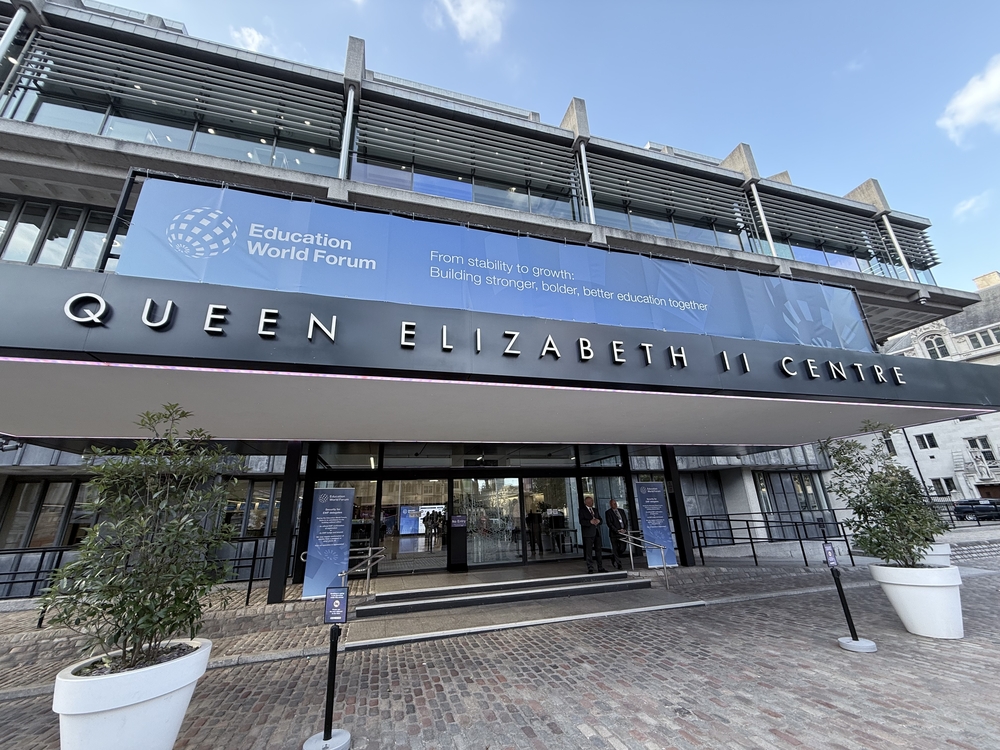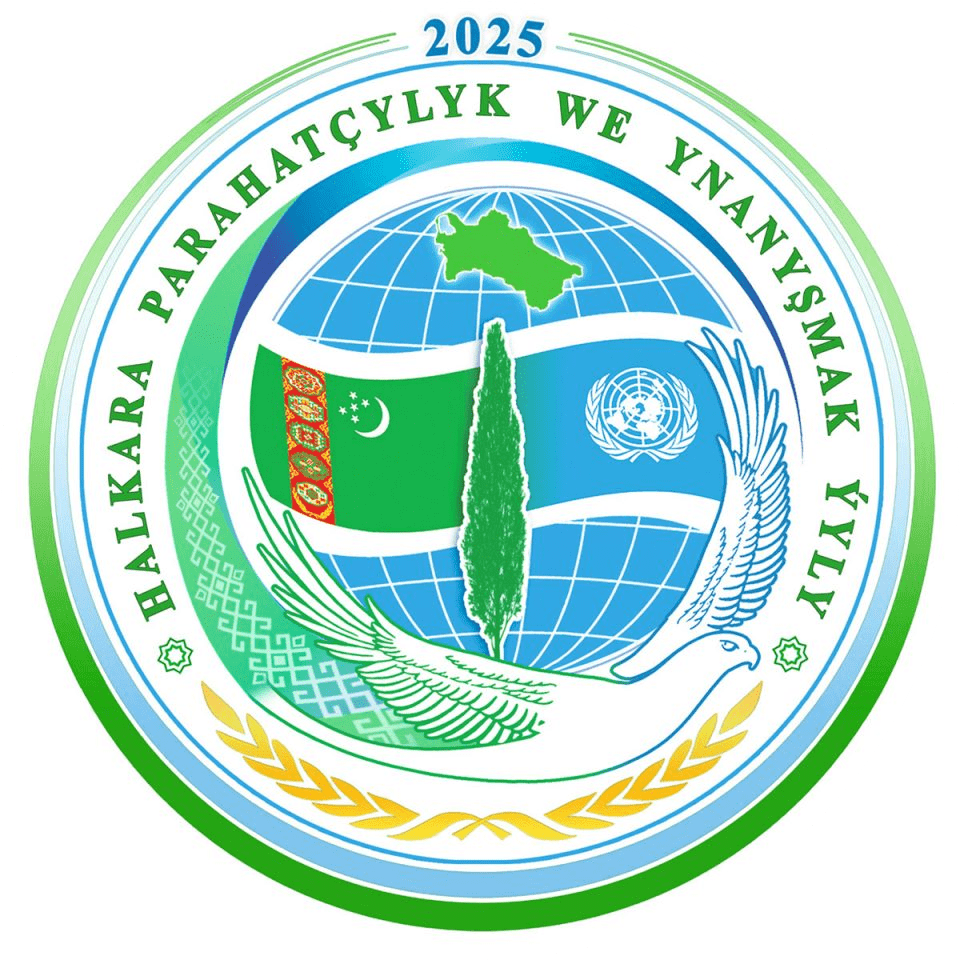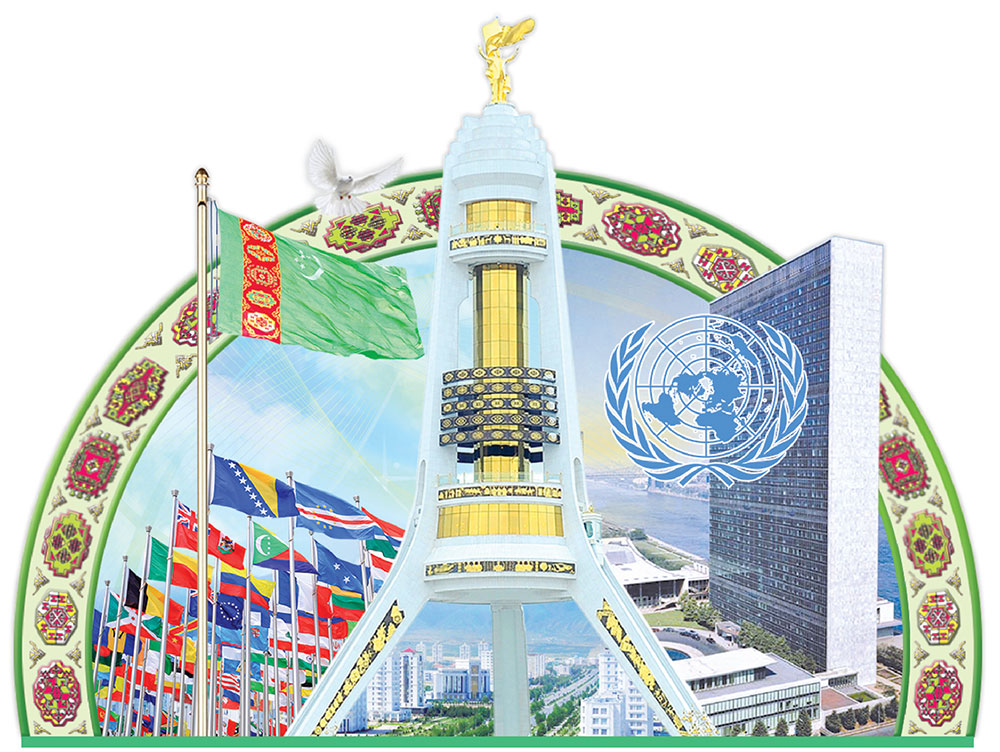
Aşgabat

News
Turkmen Delegation Begins Work at the Education World Forum in London
191

On 18 May 2025, the Education World Forum—an annual gathering of ministers, deputy ministers and other high-level education officials from more than 100 countries—opened in London. Turkmenistan is represented by a delegation led by Deputy Minister of Education Azat Atayev.
On the first day of the forum, during the pre-summit programme, the Turkmen delegation took part in a strategic session devoted to building inclusive, sustainable and high-impact education systems. At this session, Apple representatives showcased the company’s latest approaches to integrating digital solutions into teaching, in particular the use of tablets, educational apps and the “Everyone Can Create” and “Everyone Can Code” programmes in schools worldwide.
A highlight of the session was the address by Andreas Schleicher, Director for Education and Skills at the Organisation for Economic Co-operation and Development (OECD). Presenting international research on technology use in education, Schleicher stressed that digital tools yield the greatest benefits when they enhance—rather than replace—the teacher’s work. According to him, one of the key markers of success is balancing traditional instruction with digital resources; in practice, models in which digital technologies account for no more than 40 per cent of classroom time prove most effective.
Schleicher also noted that raising students’ basic skills to the average level of the international PISA study (about 420 points) could bring countries enormous economic dividends. Citing the OECD report Universal Basic Skills: What Countries Stand to Gain, he pointed out that achieving this level for all learners could boost individual countries’ GDP by hundreds of billions of dollars by 2050.
Speakers likewise presented analyses of how digital technologies affect learning quality. They emphasised that the best outcomes observed in studies and pilot projects arise when ICT is introduced in a moderate, well-designed manner—when technology complements, rather than substitutes for, traditional teaching methods. Among the countries cited as successful examples of digital-education models were Singapore, South Korea and Finland.
Later in the day, the Turkmen delegation met with OECD representatives to discuss prospects for cooperation in education-quality assessment. The Turkmen side confirmed that PISA goals have been incorporated into the Concept for Improving Teaching Methodology for General-Education Programmes in Turkmenistan until 2028. The parties agreed to explore ways for Turkmenistan to study PISA methodology with OECD methodological support.
A working meeting was also held with representatives of Times Higher Education (THE), the international university-ranking agency. The discussion focused on developing the global academic profile of Turkmen universities. THE experts shared analytical materials on universities’ impact on economic and human-capital development and proposed an online workshop for Turkmen institutions on improving their positions in international rankings.
The Turkmen delegation will continue to participate in the forum’s plenary sessions and bilateral meetings aimed at expanding international educational cooperation and exchanging best practices amid the digital transformation of education.
Ministry of Education of Turkmenistan
744000, Turkmenistan, Ashgabat city, Baktyarlyk etrap, Magtymguly avenue, 136 house
Innovation Information Center. All rights reserved. 2024


